Immune System
-

Immune cells’ role in hypertension
Vanderbilt researchers have discovered that certain immune cells contribute to the development of hypertension, suggesting novel targets for treating the disease. Read MoreOct 24, 2014
-

Immune cells that guard against ingested pathogens discovered
Vanderbilt investigators have discovered a new type of immune cell residing in the intestinal epithelium that may function as a first line of defense against ingested pathogens. Read MoreOct 9, 2014
-
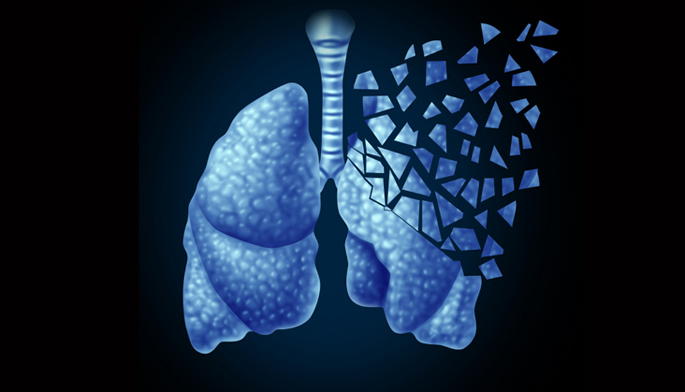
A path to sarcoidosis treatment
Vanderbilt investigators identify a new therapeutic target for the inflammatory lung disease sarcoidosis. Read MoreSep 25, 2014
-
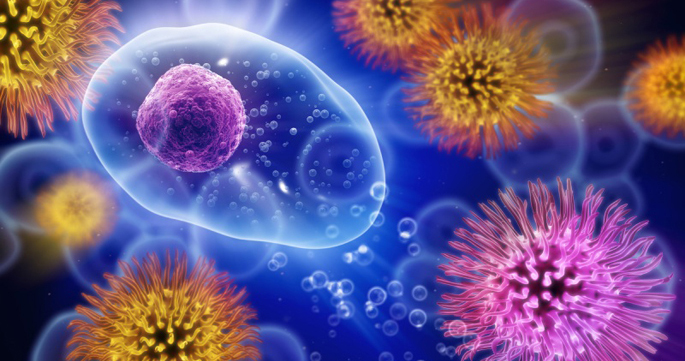
Natural killer cells don’t clear HMPV
Understanding how the immune system responds to the respiratory virus HMPV is crucial for developing vaccines and anti-viral treatments. Read MoreJul 23, 2014
-

Regulating immune regulators
Understanding how to control the generation of regulatory T cells could have important implications for treating autoimmunity and cancer. Read MoreJul 17, 2014
-
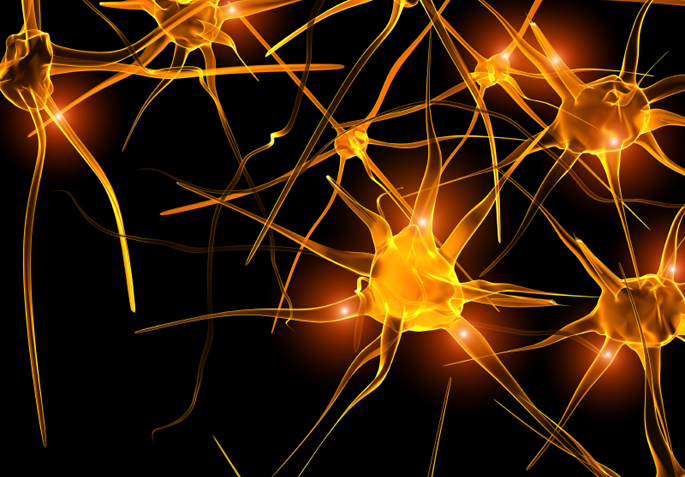
Obesity sends immune cells to the brain
Obesity causes peripheral immune cells to move to the brain, where they may contribute to inflammation and the pathophysiology of obesity. Read MoreFeb 12, 2014
-

Probing intestinal immune cell roles
A new in vitro system will allow investigators to explore how immune system T cells develop specialized functions. Read MoreAug 28, 2013
-

Study tracks skin salt’s role in blood pressure control
Clinical pharmacologist Jens Titze, M.D., and his colleagues have identified a new cast of cells and molecules that function in the skin to control sodium balance and blood pressure. Read MoreJun 6, 2013
-
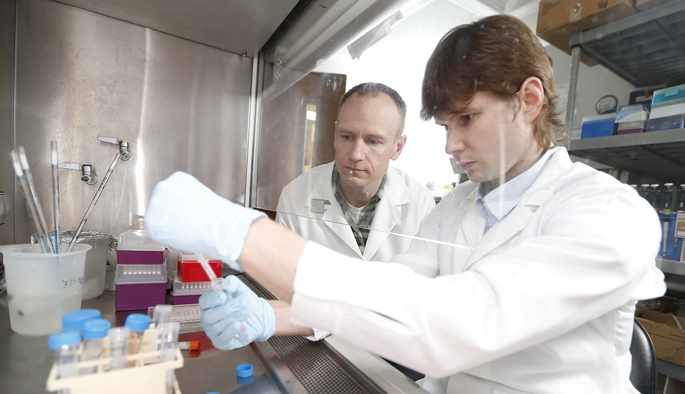
Study lays groundwork for rational T cell vaccine design
Vanderbilt University investigators have developed a new strategy for identifying the “bits” of a pathogen that spark a protective immune response. Read MoreMay 30, 2013
-
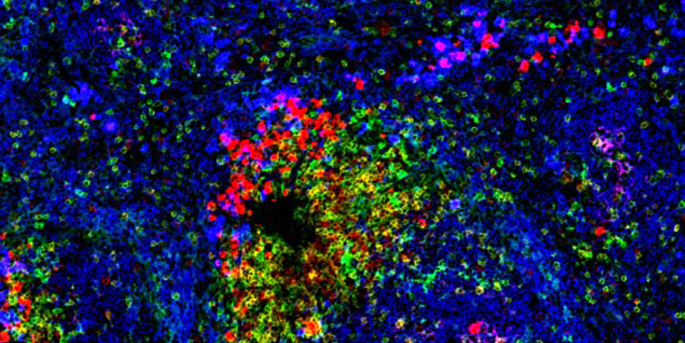
“Silent” B cells trigger autoimmunity
Immune cells that recognize self antigens (e.g. insulin), but are functionally silent, can trigger autoimmune diseases such as diabetes. Read MoreApr 3, 2013
-
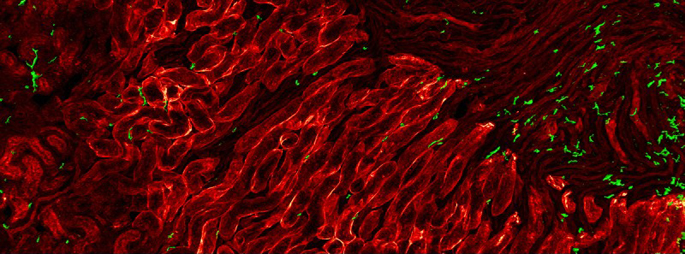
Do-it-yourself repair in the kidney
The kidney can mediate its own repair through proliferation of resident immune system cells. Read MoreJan 31, 2013
-
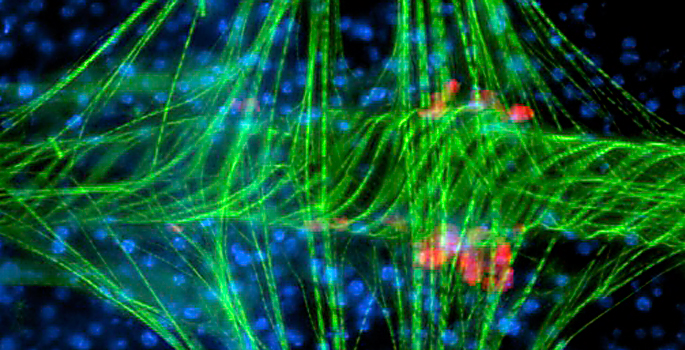
Mosquitoes as involuntary bioterrorists
Vanderbilt biologists have discovered that mosquitoes possess a previously unknown mechanism for destroying pathogens which takes advantage of the peculiarities of the insect’s circulatory system to increase its effectiveness. Read MoreNov 29, 2012
-
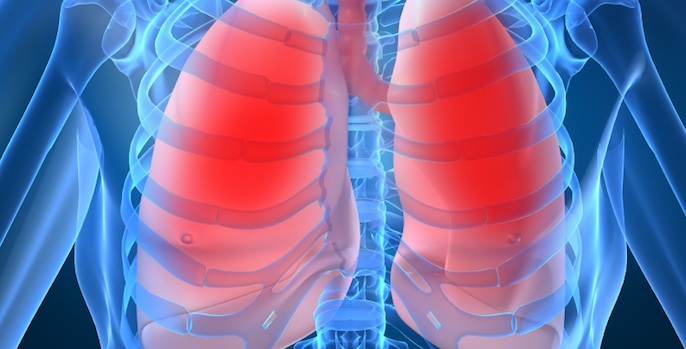
New therapeutic target for cold, flu viruses identified
Viruses that cause acute respiratory infections — such as human metapneumovirus (HMPV) and flu — impair a set of immune system cells that should clear the virus from the lungs. Now, Vanderbilt University investigators have discovered the signaling pathway that disables these immune cells. Read MoreAug 9, 2012
-
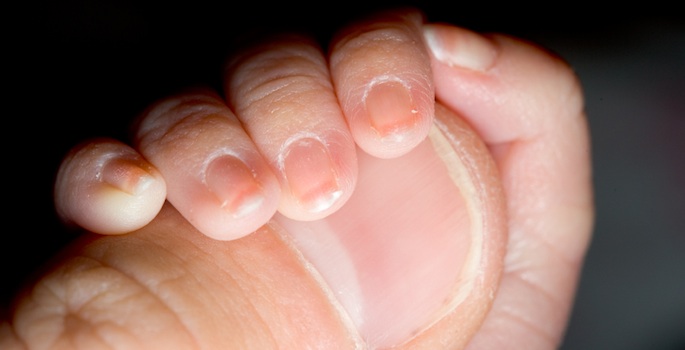
Immune system’s role in prematurity complication studied
Disruptions in immune system regulation may play a role in a deadly complication in premature infants. Read MoreMar 16, 2012
-

Diversity key in antibody repertoire
Antibodies to the 2009 H1N1 influenza strain reveal new insights into how antibody diversity forms and functions, with possible implications for designing flu vaccines. Read MoreOct 7, 2011
-
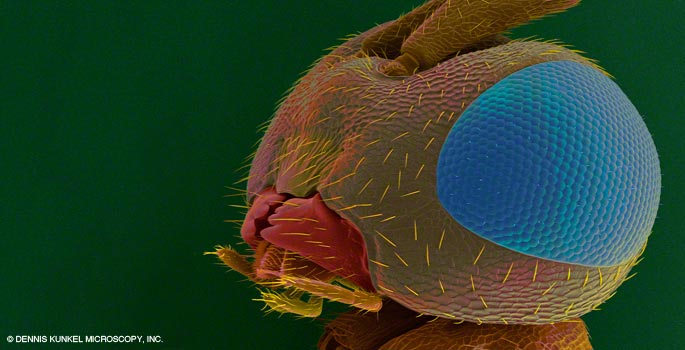
Could bacterial hitchhikers influence formation of new host species?
Vanderbilt researchers are exploring what role, if any, bacteria play in environmental diversity, with the aim of answering one of biology's most fundamental questions. Read MoreMay 5, 2011